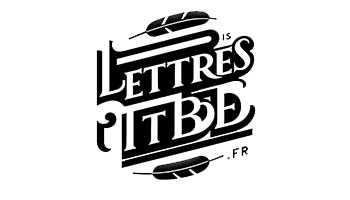Trump en danger : les détails étonnants du procès qui secoue l’Amérique
Un événement sans précédent se déroule aux États-Unis : Donald Trump, ancien président, fait face à une procédure pénale. Les yeux du monde sont rivés sur le tribunal de New York où se déroule le procès. Sélection du jury : un processus complexe En vue du procès de l’ex-président, douze jurés ont prêté serment. Un … Lire la suite










